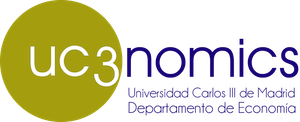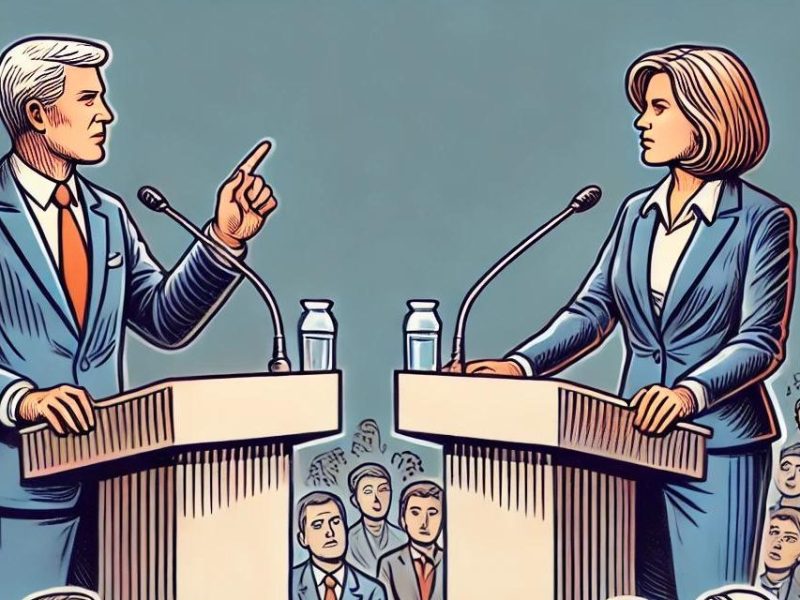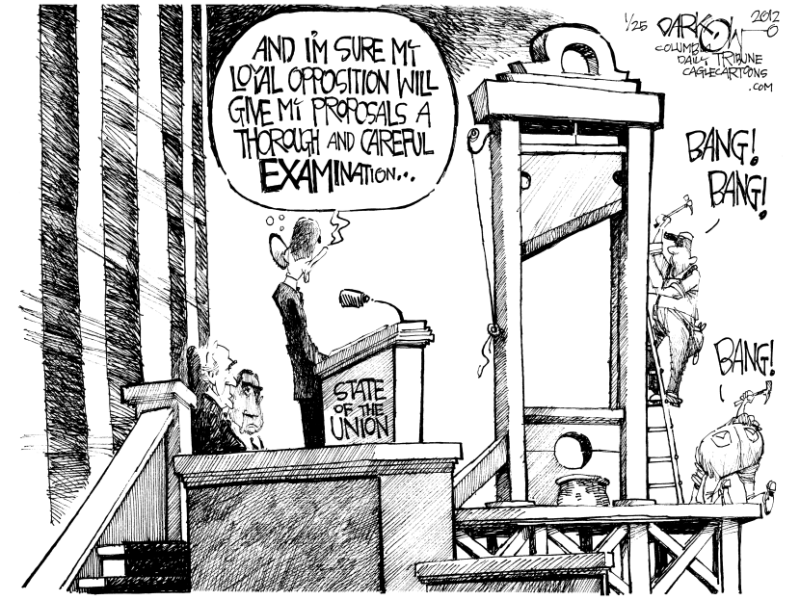Is public funding enough to level the political playing field?
Campaigning for elections is an ancient practice. In recent years, the advent of social media has completely changed the way candidates and politicians communicate with the electorate (Zhuravskaya, et al., 2020). However, this has not led to a reduction in campaigning expenditure. Estimates indicate that total campaign spending in the 2020 US Presidential and Congressional elections was the highest ever, 14,4 billion dollars, more than twice that of the 2016 election.
There is substantial literature on the effects of campaign spending, particularly for presidential and general elections (see Jacobson, 2015, for a survey). A related strand of research focuses on how campaigning activities are funded and how to mitigate the adverse effects of money on politics.
If campaigning indeed works, it is crucial to understand how different sources of funding may affect candidates’ spending decisions and electoral outcomes. Besides the concern that some of this money may come with strings attached, the simple fact that some candidates may have more financial resources than others implies that the political playing field is not level. So far, the literature on funding sources has focused mostly on the role of donations (see, for instance, Boutton, Castanheira and Drazen, 2020). However, in many countries, public funding for campaigning is also available.
Public funding for campaigning
In Europe, for instance, according to the IDEA – Political Finance database, the large majority of countries provides either direct or indirect public funding to support party functioning or campaigning in elections (Figure 1).
Figure 1 – Direct public funding to parties
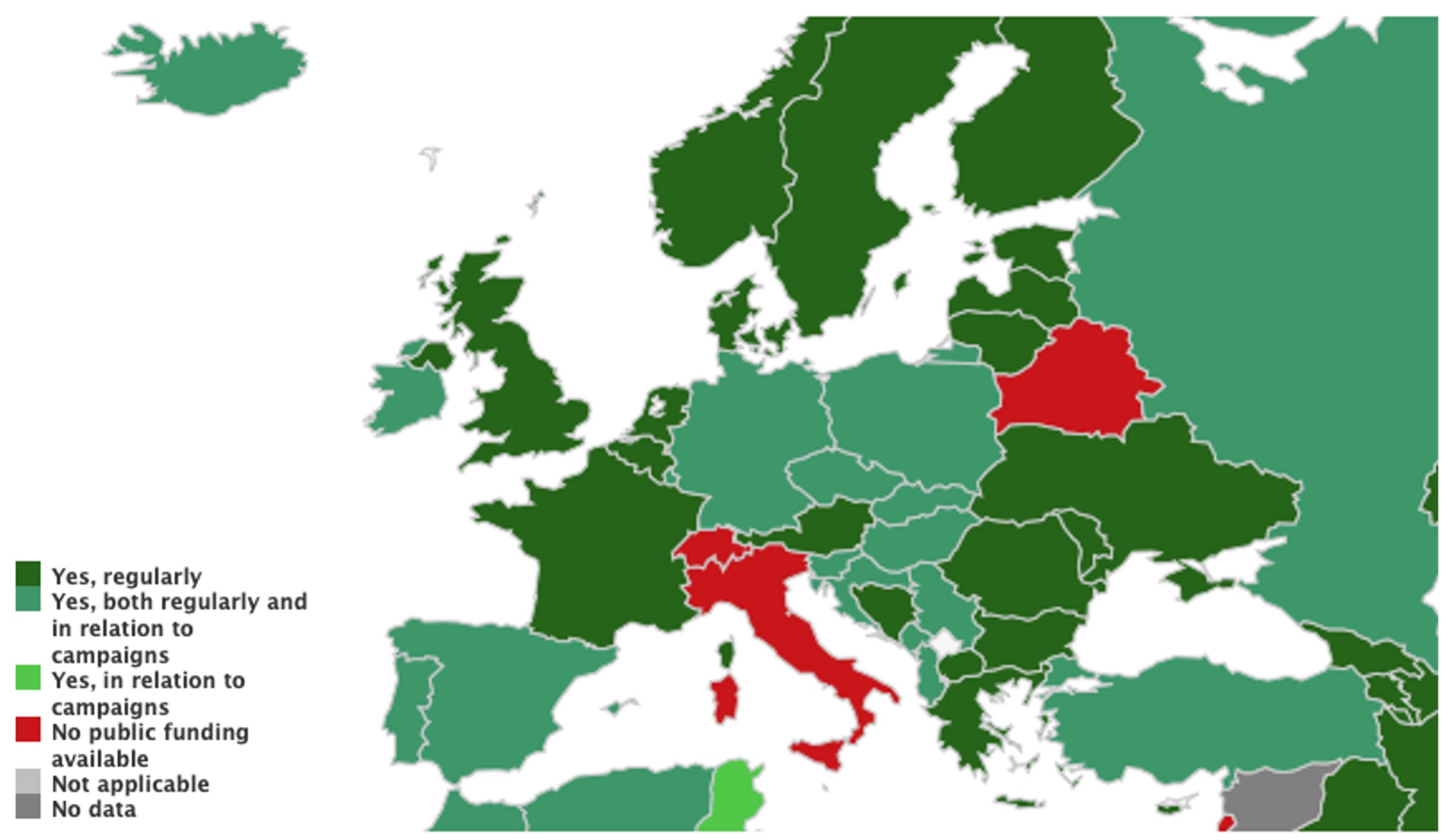
Source: IDEA – Political Finance Database, question 28
As compared to donations, public funding for campaigning is less likely to come with strings attached, particularly so if the allocation of funds across candidates is determined by stable regulations that cannot be manipulated casuistically by candidates. Ortuño-Ortin and Schultz (2005) have shown that public funding moderates parties, especially when allocation rules rely on vote shares. However, the provision of public money does not necessarily lead to a level political playing field, as allocation rules may favor some candidates (Klumpp, Mialong and Williams, 2015).
In a recent work (Carvalho, 2021), I contribute to this discussion by assessing how the provision of public funding contingent on contemporaneous (not prior) election results affects campaign spending decisions and electoral outcomes. In such cases, public funding may be seen as a lottery, where candidates need to decide how much to spend before they know with certainty how much they will receive in public funding after the election.
I argue that, when campaign spending is financed by costly party contributions and by public funding, the expectation about the latter is a key determinant of campaign spending. Moreover, the uncertainty about such expectation may create different incentives for ex-ante advantaged candidates (for instance, incumbents running for reelection), who may spend more than their competitors depending on the marginal financial benefit from campaigning (the rate at which campaign spending today translates into public funding to be received tomorrow). I then test the predictions of the model in the context of local elections in Portugal.
The case of Portuguese local elections
The empirical application leverages on a novel dataset, compiled from the exhaustive campaign finance reports that all candidates must submit to the Portuguese Constitutional Court. This dataset covers all candidates in 924 elections with the same institutional set-up (local elections of 2005, 2009 and 2013, on 308 Portuguese municipalities), an important advantage when analyzing the effects of campaign spending on, so far understudied, local elections (Marschall 2010).
Two important facts arise from the preliminary analysis of the campaign finance of the five biggest Portuguese parties.
Figure 2 – Campaign spending as % of GDP
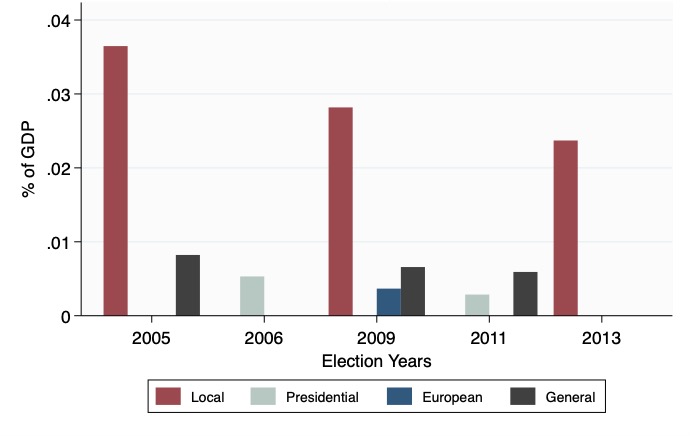
Source: Carvalho (2021)
First, total spending in campaigning in local elections in Portugal is much higher than spending in other types of elections (Figure 2). This highlights how crucial it is to improve our understanding about the effects of campaigning (Holbrook, 2014). Several features of local elections call for caution when extrapolating findings from national-level elections. On the one hand, economies of scale are presumably smaller in local elections, and, on the other hand, campaign targeting should be much easier for local politicians, who are closer to voters.
Figure 3: Breakdown of campaign funding sources
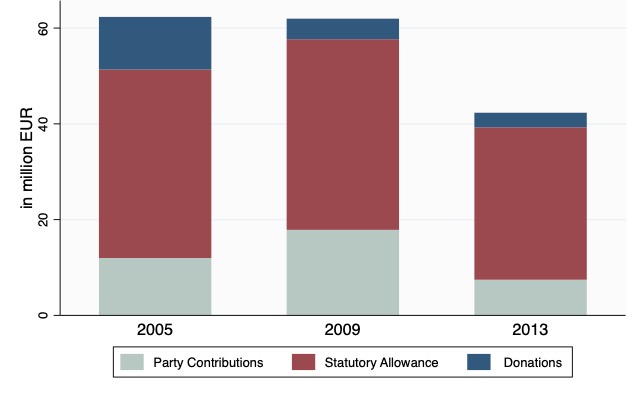
Source: Carvalho (2021)
Second, the statutory (public) allowance provided to candidates is the most relevant source of funding (Figure 3) for campaigning in local elections in Portugal (between 63 and 75% of revenues).
These facts, together with the rules that determine the allocation of public funding across candidates in each municipality, make Portuguese local elections an ideal laboratory to assess how public funding provision affects candidates’ campaign spending decisions, and electoral results in the Town Council (the local executive body).
In Portugal, the public statutory allowance is a function of the performance of candidates in the current election. It is composed of a fixed amount, split evenly across all candidates that qualify in a municipality, and a variable component, which is proportional to the vote share in the Municipal Assembly (the local legislative body). Departing from this formula, I estimate how much candidates expect to receive in public funding after the election (expected statutory allowance) and use this to study how public funding provision conditions campaign spending decisions and to causally estimate the impact of campaign spending on local elections.
Expectation about public funding, campaign spending decisions and electoral effects
The expected statutory allowance is an important determinant of campaign spending, both for the winner (Figure 4) and runner-up (Figure 5) of the election.
Figure 4: Expected statutory allowance and campaign spending – Winner

Source: Carvalho (2021)
Figure 5: Expected statutory allowance and campaign spending – Runner-up

Source: Carvalho (2021)
On average, an increase of 1,000 euros in the expected statutory allowance boosts campaigning by 628 euros for the winner and 710 euros for the runner-up.
Then, using the expected statutory allowance and controlling for spending of other candidates, I show that an increase in campaign spending of 1,000 euros translates into a boost in the vote share of 0.05 percentage points for the winner, and 0.13 percentage points for the runner-up.
The asymmetry in the magnitude of the effects of campaign spending on the vote share is also observed in other specifications in Carvalho (2021), namely on races between incumbents and challengers (in this period 72% of incumbents ran for reelection and 85% of them were reelected). This echoes the findings of previous research. Jacobson (2015) surveys the literature and discusses for which candidates (and voters) campaign matters the most.
Albeit these values may seem small, considering candidates’ average spending, campaign spending boosts the vote share of the winner and the runner-up by 3.7 and 7.4 percentage points, respectively. Thus, and particularly under proportional representation, campaigning can make the difference in getting another seat in the Town Council, and even winning the election.
Importantly, the empirical analysis allows me to test the main predictions of the model. I find that in contests between an incumbent (ex-ante advantaged candidate) and a challenger, the incumbent spends more when the preferences of the voters are less concentrated (or the marginal financial benefit of campaigning is low), with the opposite happening for the challenger. Intuitively, the ex-ante advantage of the incumbent allows him to risk spending more in campaigning, even if he is less likely to get that money back in the form of the public allowance. Hence, although the Portuguese public funding allocation rules mix a fixed and a vote share dependent component, the system does not necessarily even the odds between incumbents and challengers.
The price of a vote
Across the different specifications, Carvalho (2021) estimates a cost per vote between 7 and 17 euros. These estimates are comparable to those of Bekkouch, Cagé and Dewitte (2020), who compute the cost per vote for Parliamentary elections in France and the UK. Interestingly, the cost per-vote for larger parties in smaller in Carvalho (2021) than in Bekkouch, Cagé and Dewitte (2020), which could be seen as evidence of better campaign targeting at the local level. Again, this emphasizes that more research is needed to assess and measure the campaign spending effects in subnational elections.
About the author:
Bruno Pessoa Carvalho is an applied microeconomist working on political economy and public economics. He is a Visiting Professor at Universidad Carlos III de Madrid and is also affiliated to ECARES (Université Libre de Bruxelles).
https://sites.google.com/view/bpcarvalho
This article is based on:
Carvalho, B. (2022) “Campaign spending in local elections: the effects of public funding”
References:
Bekkouche, Yasmine, Julia Cagé and Edgard Dewitte (2022), “The heterogenous price of a vote: Evidence from multiparty systems, 1993-2017”, Journal of Public Economics, 206, 104559.
Bouton, Laurent, Micael Castanheira, and Allen Drazen, (2020), “A Theory of Small Campaign Contributions”, NBER Working Paper, 24413.
Klumpp, Tilman, Hugo M. Mialon, and Michael A. Williams (2015). “Leveling the playing field? The role of public campaign funding in elections”, American Law and Economics Review, 17, 2, pp 361–408.
Carvalho, Bruno P. (2021), “Campaign spending in local elections: the effects of public funding”, ECARES Working Papers, 2021-30, ULB Université Libre de Bruxelles.
Jacobson, Gary C. (2015), “How do campaigns matter?”, Annual Review of Political Science, 18, pp 31-47
Holbrook, Thomas M. and Aaron C. Weinschenk (2014), “Money, candidates, and mayoral elections”, Electoral Studies, 35, pp 292-302.
Marschall, Melissa J. (2010), “The Study of Local Elections in American Politics”, In Leighley, Jan E., editor, The Oxford Handbook of American Elections and Political Behavior, pp 471-492.
Ortuno-Ortín, Ignacio, and Christian Schultz (2005). “Public Funding of Political Parties”. Journal of Public Economic Theory, 7, 5, pp. 781-791.
Zhuravskaya, Ekaterina, Maria Petrova and Ruben Enikolopov (2020), “Political Effects of the Internet and Social Media”, Annual Review of Economics, 12, pp 415-438.
